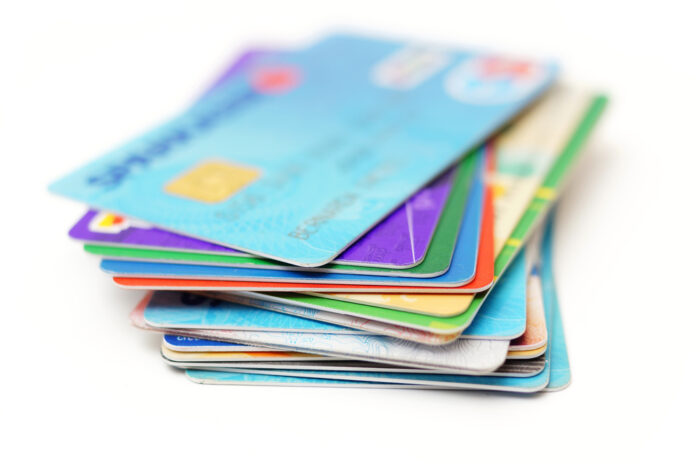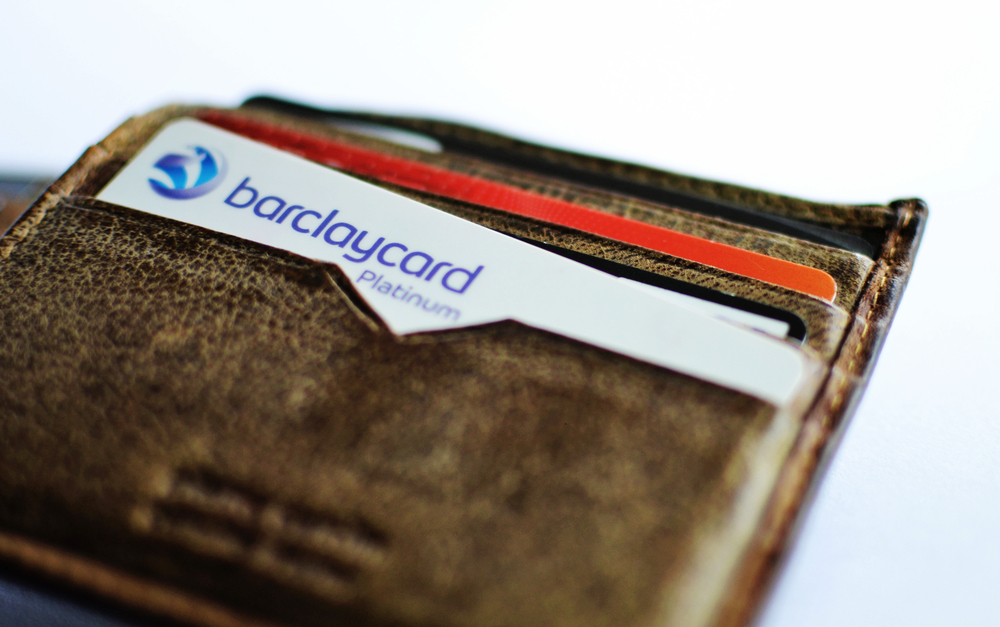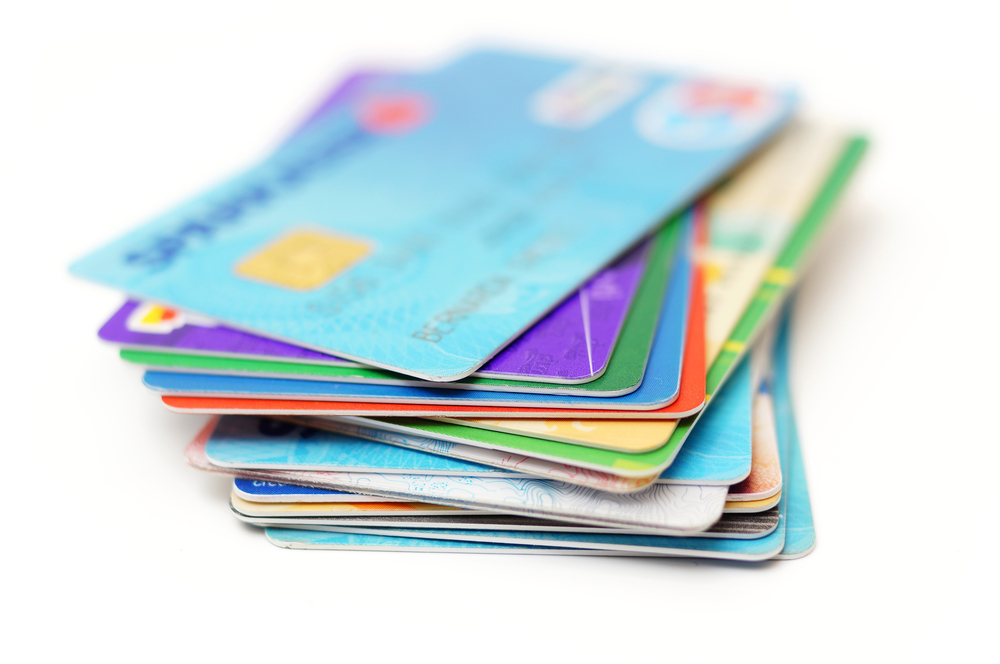Consumer credit borrowing leapt from £1.3bn in December to £1.9bn in January at a time when rates on debt have increased, official figures reveal.
The surge was driven by higher borrowing through credit cards, rising from £300m in December to £900m in January, as well as car dealership finance and personal loans increasing slightly from £900m to £1bn in the month.
It comes as the annual growth rate for all consumer credit increased, standing at 8.9% in January, according to the latest Money and Credit statistics from the Bank of England (BoE).
Meanwhile, the effective interest rate on interest-charging overdrafts increased 101 basis points to 22.92% in January, but the bank revealed that rates on personal loans have come down. It recorded a 15 basis point decline to sit at 9.02%.
Victor Trokoudes, CEO and founder at smart money app Plum, said the substantial increase in net consumer credit borrowing could be down to seasonality, as purchases usually increase around the festive season, but added it may also reflect higher consumer confidence.
Trokoudes said: “Inflation has steadied, and the drag from higher interest rates has eased off in recent months, so people may be more comfortable spending.”
However, David Cheadle, acting chief executive at National Debtline, said the rise is “another worrying indicator of the pressure millions of households are under as high costs and winter energy bills continue to bite”.
Cheadle added: “Our advisers are hearing daily from people who are barely coping trying to meet their essential costs, including for food, housing and energy. Many are turning to credit to plug the gaps in their finances, which risks problems down the line if repayments aren’t affordable.”
This is echoed by Richard Lane, chief client officer at StepChange Debt Charity.
He said: “Borrowing to pay for food, energy, clothing and other life essentials has sadly become a reality for so many people over the past few years, and that’s among not just low- but middle-income households.
“Using credit for essentials is simply unsustainable and it’s a driver of problem debt that we see all too often. In what will possibly be their final fiscal event before a general election, the Government must commit to further support for financially vulnerable households in the Spring Budget next week.”
Increase in savings deposits
Households deposited £6.8bn (on net) with banks and building societies in January, up from £5.4bn the month before.
Savers were attracted to easy-access ‘sight deposits’ with £7.2bn added here compared to just £100m into fixed rate time deposits, and it is “easy to see why”, according to Mark Hicks, head of Active Savings at Hargreaves Lansdown.
He said: “You can get a great rate on easy-access accounts, which are currently offering more interest than longer fixes. However, if you don’t need the money for a period, it’s still seriously worth considering fixed rates. The reason why banks have dropped the rates a little on these is because they expect the BoE to cut interest rates this year. This will drag down variable savings rates, so those who have fixed at 5% – or just under – will be very grateful they locked in a better rate while they could.”
Savers also voted with their feet when it came to deposits with National Savings and Investments (NS&I) as holdings decreased by £800m in January, up on December’s £600m figure. It comes as NS&I announced a cut to the prize fund rate for Premium Bonds, effective from March.
Mortgage approvals rise as rates fall
Mortgage approvals for house purchases increased from 51,506 in December to 55,227 in January.
At the same time, the data showed that the average interest rate on newly drawn mortgages declined by nine basis points to 5.19% in January. However, the average rate on outstanding mortgages rose by five basis points to 3.41%.
Homeowners also repaid, on net, £1.1bn of mortgage debt in January, compared to £900m in December.
Alice Haine, personal finance analyst at Bestinvest by Evelyn Partners, said the declining mortgage rates at the start of the year “lured more buyers back to the market as affordability levels improved”.
She added: “Buyers responded well to January’s heated mortgage price wars, returning in droves as lenders battled to attract new customers and retain existing clients. However, the market has been a little more mixed in February, with rates on many products edging back up as uncertainty reigns around the pace of future interest rate cuts.”





